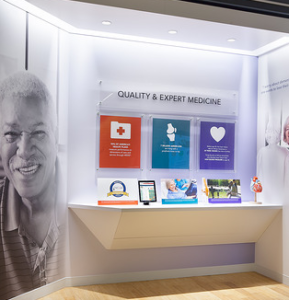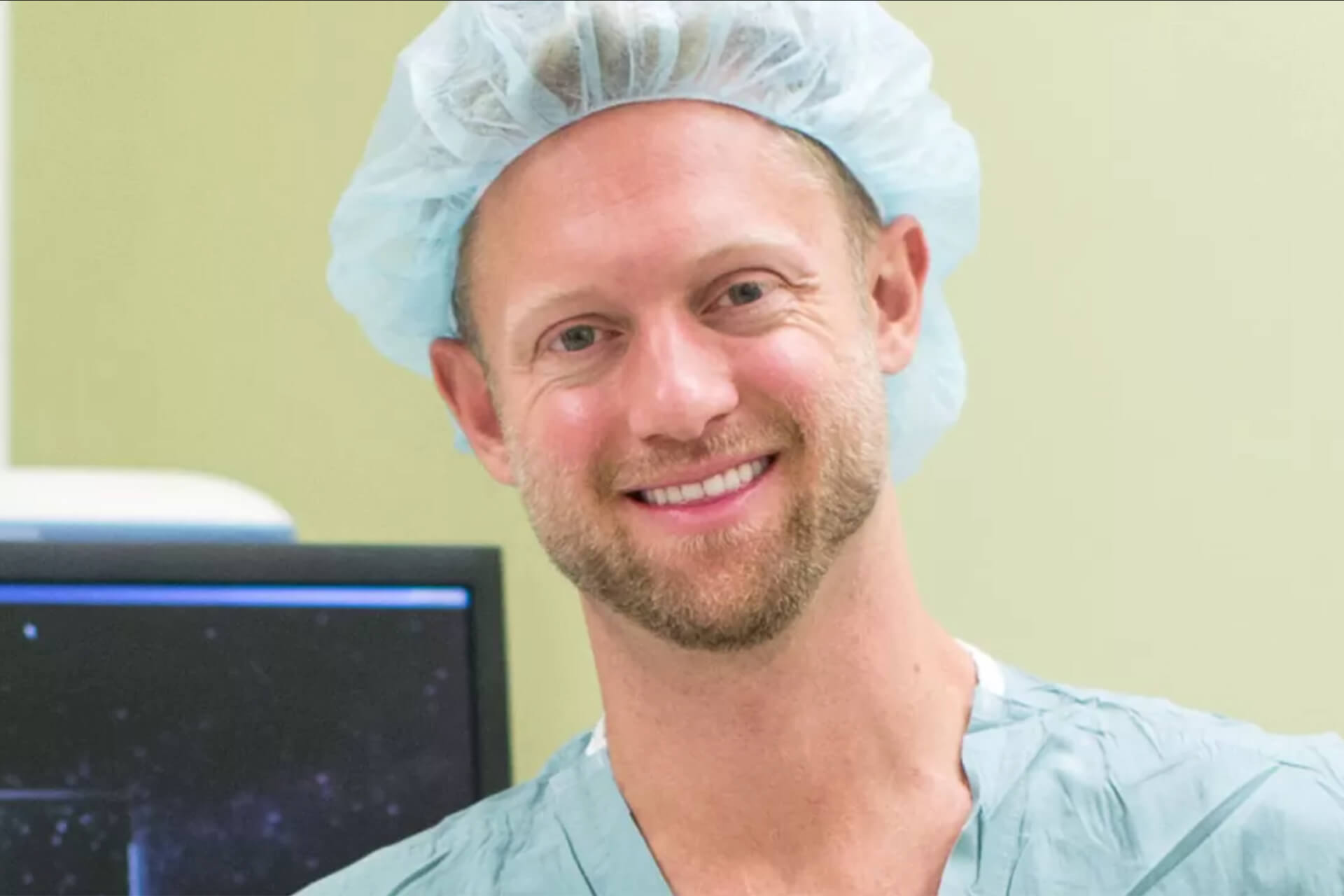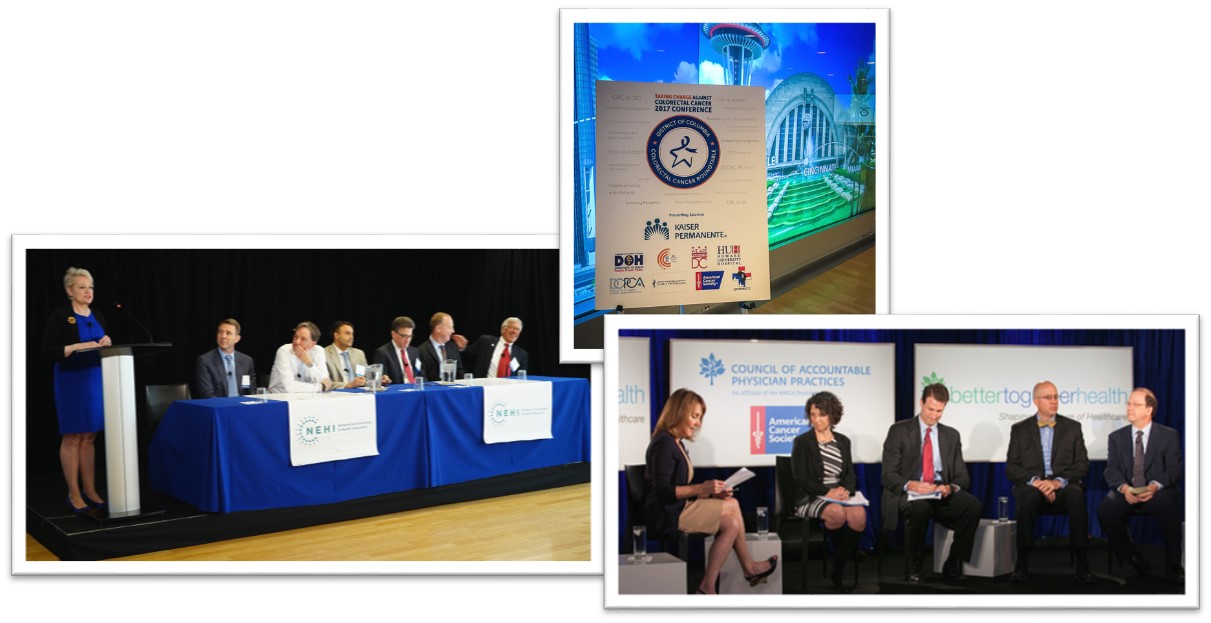Maurice Cates, MD, is an Orthopedic Surgeon at Kaiser Permanente’s Fredrick Medical Center. He is the chief of orthopedic surgery for the District of Columbia and Suburban Maryland as well as the regional medical director for musculoskeletal service.
Surgery has been around for thousands of years. The advances in technique, pain management, and outcomes have been remarkable. Since the advent of modern anesthesia, one thing has stayed pretty consistent; those dreaded pre-operative instructions not eat or drink anything after midnight the day of your surgery. Here is to hoping you’re scheduled in the morning, right?
 The thing about those instructions is that they may not be helping – especially in several types of cases, one of which is total joint replacement. While improvements in minimally invasive techniques have helped reduce length of stay for something like a knee replacement from well over a week to about 3.4 days in the past couple of decades, our work at the Mid-Atlantic Permanente Medical Group (MAPMG) is validating that it could be as short as 1-2 days in most cases. Several cases are achieving “same day discharge” and we have even completed a total knee replacement in our free standing ambulatory surgery center where the patient had no need to be admitted to a hospital at all.
The thing about those instructions is that they may not be helping – especially in several types of cases, one of which is total joint replacement. While improvements in minimally invasive techniques have helped reduce length of stay for something like a knee replacement from well over a week to about 3.4 days in the past couple of decades, our work at the Mid-Atlantic Permanente Medical Group (MAPMG) is validating that it could be as short as 1-2 days in most cases. Several cases are achieving “same day discharge” and we have even completed a total knee replacement in our free standing ambulatory surgery center where the patient had no need to be admitted to a hospital at all.
One in 25 adults over 50 in America lives with a knee replacement. With that kind of volume, cutting length of stay by some 2 days per case, and potentially moving cases from hospitals to ambulatory surgery centers, could deliver a tremendous cost savings for American health care with no detriment to quality. To get there, more physician practices and hospitals need to embrace the mantra of evidence-based medicine and examine how to safely apply ERAS®, as MAPMG does, to its joint cases.
ERAS stands for Enhanced Recovery After Surgery. It represents a shift in care involving all aspects of the patient’s journey through the surgical process, from preoperative care through recovery. The whole idea is to reduce surgical stress and disruption to a patient’s baseline physiology. ERAS protocols, in brief, focus on: (1) allowing the patient to have liquids prior to surgery, (2) narcotic pain medicines are minimized (we use intravenous acetaminophen instead), and (3) eating and walking/ambulation as soon as possible after surgery. Implementation requires thoughtful development of end-to-end care pathways, decision trees, and detailed post-operative outcome measurements. Doctors, support staff, and administrators must be invested in patient-centric care, and having a cadre of talented surgeons helps too – just the ingredients we have at Kaiser Permanente.
Medical evidence in the modern world of health care is an ever-growing body of knowledge. The more organizations continuously look to new studies and those producing the best outcomes (even if it comes from outside the United States, as ERAS initially did), the more people can receive the best care possible. After all, who wants to lie in a hospital bed for 3-plus days when there is the possibility of going home the same or next day? Our patient satisfaction data bump for those having surgery with ERAS and getting early discharge versus the traditional approach suggests the answer is nearly no one.




